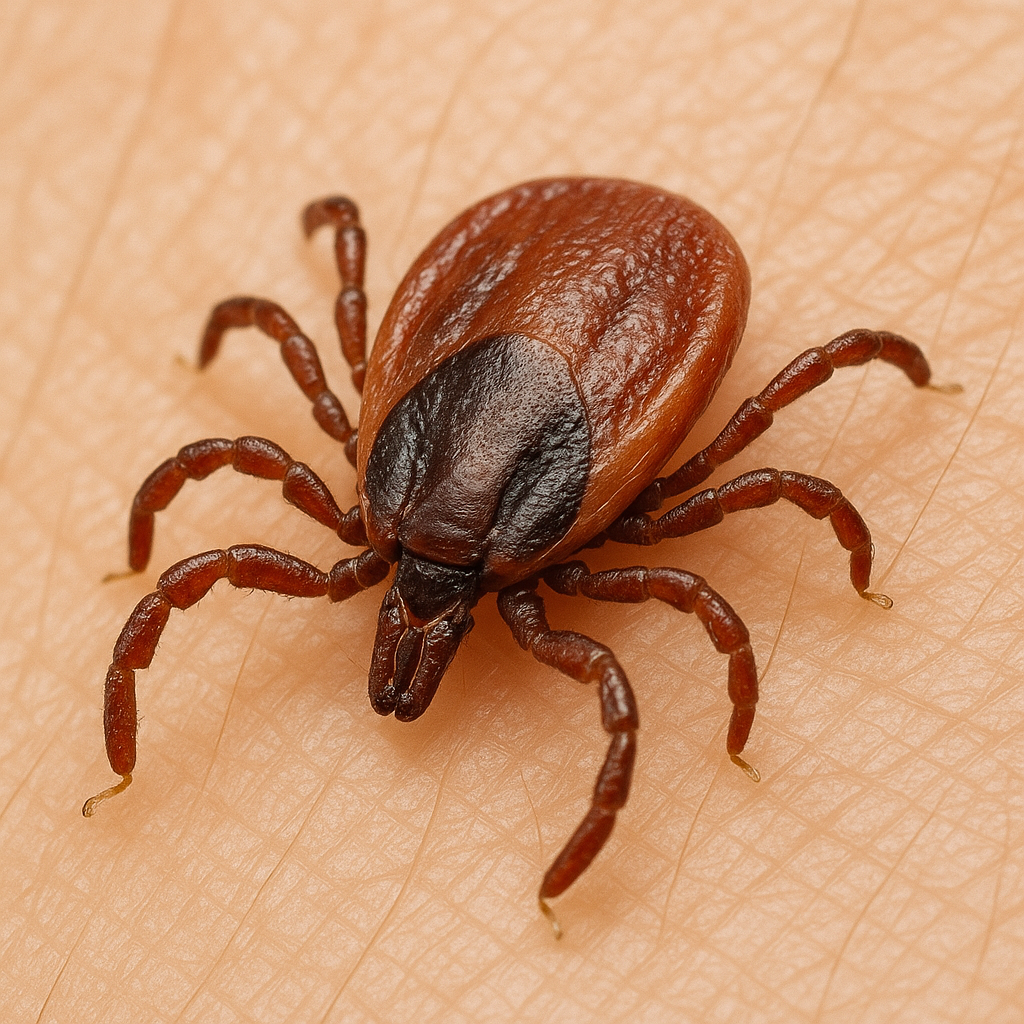Correlation between PANS/PANDAS and Mental Health Conditions
PANS/PANDAS are strongly linked with aggravated mental health presentations, including:
-
Severe emotional and behavioral dysregulation
-
Life-threatening episodes or suicidal ideation
-
Abrupt onset that may mimic other primary psychiatric disorders
-
Symptoms that can improve significantly with appropriate medical and psychiatric treatment
Summary Table
| Evidence Source | Key Mental Health Effects |
|---|---|
| Retrospective study (2021) | Increased irritability, aggression, food restriction |
| Case report (2025) | Life-threatening behaviors, severe rages |
| Anecdotal clinical cases | Sudden onset of psychosis-like symptoms, suicidal behavior, with improvement under treatment |
| Clinical guidelines | Reinforce need for immediate psychiatric intervention alongside infection/inflammatory treatment |
Irritability, Aggression & Food Restriction
A 2021 retrospective study of patients with PANDAS/PANS found:
“Irritability, aggressivity, and food restriction were significantly more frequent in children with PANS…”
This underscores how PANS/PANDAS can present with pronounced behavioral and emotional dysregulation.
Sudden-Onset Severe Psychiatric and Life-Threatening Behaviors
A 2025 case report in Frontiers in Child and Adolescent Psychiatry described:
“Children with PANDAS can exhibit seemingly senseless rages or even life‑threatening behaviors such as jumping out of moving vehicles, physical violence against family members, or extreme restricted eating.”
These symptoms show how rapidly and severely mental health can deteriorate in these conditions.
Symptom Improvement with Targeted Treatment
In clinical observations:
A case of abrupt onset psychosis-like symptoms, including suicidality, improved significantly with antibiotics, suggesting an infection-triggered psychiatric crisis.
Multiple anecdotal accounts describe children suddenly becoming withdrawn or aggressive after infection and then rapidly improving with appropriate treatment.
Psychiatric & Behavioral Treatment Guidelines Emphasize Severity
Consensus treatment guidelines (e.g., Thienemann et al.) recommend:
“Psychological, behavioral, and psychopharmacologic interventions tailored to each child’s presentation can provide symptom improvement and improve functioning during both the acute and chronic stages of illness.
This reflects how disruptive and impairing these neuropsychiatric symptoms can be, requiring multidisciplinary approaches.
Tragic Case of Suicide in PANDAS Context
From a descriptive report:A 26‑year‑old female diagnosed with PANDAS “committed suicide and her brain was biobanked for further studies.”
Survey Data on Self-harm & Suicidality
From a Swedish SANE Sweden technical report:
“A significant number of individuals with these disorders exhibit severe self‑harming behaviors that include high frequency, violent methods, onset at a young age, and/or overlap with suicidal behaviors. Suicidal ideation and communication were also found to be common in this population, and suicide attempts appear to occur at a young age.
”From the same report, detailing prevalence:
“Suicidal ideation was reported to have been present in more than half … of those who had engaged in self‑harming behavior, and 18% had made suicide attempts.”
Clinical Observation of Suicidality in PANS
According to PANS awareness resources:
“Self-injurious behaviors and suicidal ideation are also common and of particular concern among children with concomitant impulsivity and behavioral regression… the constant battle with their own thoughts… may lead to depression until they ask, why is life worth living?”
Case Suggesting PANS Should Be Considered in Acute Suicidality
From a recent case report:
“Considering the public health importance of suicide in pediatric age group we suggest considering PANS as differential diagnosis for acutely suicidal children.”
- Patients with Chronic Symptoms 90%
- Increase in Cases Over the Last Decade 80%
- Children Affected by PANDAS 70%
Summary Snapshot
| Finding | Key Insight |
|---|---|
| Survey data | Over 50% of individuals with PANS who self-harmed experienced suicidal ideation; ~18% attempted suicide. |
| Clinical concerns | Suicidal thoughts and self-injury are common in children with behavioral regression. |
| Diagnostic awareness | Acute onset suicidality in youth may warrant evaluation for PANS. |
| Case evidence | Suicide has occurred in at least one documented PANDAS patient. |
